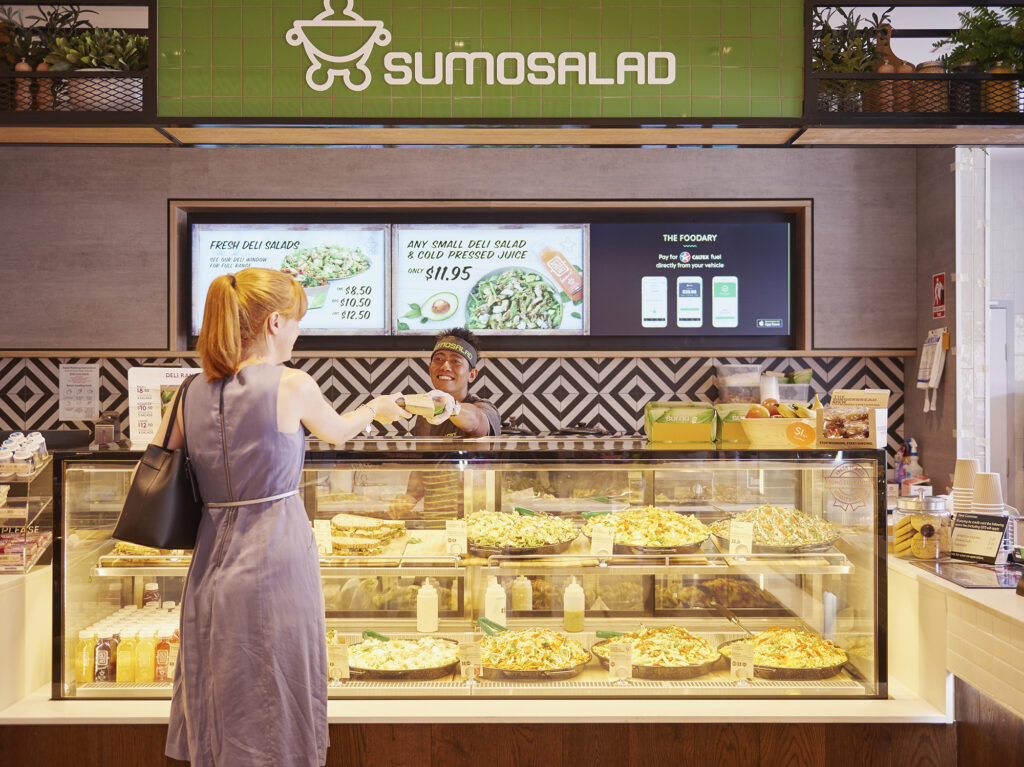
SumoSalad has unveiled a strategic restructure of the business. The plan focuses on an omni-channel business model to grow the number of stores nationally and significantly increase revenue and earnings over the next three years.
The restructure involves the liquidation of two leasing entities that were previously under voluntary administration. The leases will be folded into a new legal entity that will hold the leases for existing and planned stores.
The healthy fast food chain will continue its expansion into grocery, petrol and convenience store locations, while growing its premium format stores – known as Green Label – to cater to growing consumer demands.
At the same time, Sumo confirmed that it is in the process of raising up to $3 million in new equity capital to fund its next growth stage.
CEO and co-founder of Sumo, Luke Baylis, said the restructure process was in line with the strategic direction outlined by the company earlier this year to move its stores away from traditional outlets and into more appropriate, customer-focused locations.
Baylis confirmed the restructure would result in the closure of some stores in shopping centre food courts in NSW and Victoria, but this will have only a minimal impact on Sumo’s network of more than 92 stores.
New stores would be opened progressively in other locations, including airport terminals and other transport hubs, universities and colleges, and in partnership with the Caltex service station network.
Baylis said “Our customers have been telling us that there are other, more suitable places for our stores than food courts – whether they are getting on a plane, at university or getting lunch on a work day, consumers are demanding healthier food options.
“Sumo is focused on meeting these changing needs by making our food more convenient, and even better value.”
The business serves more than six million meals a year and the goal is to increase this to 25 million meals by 2021.
Baylis said the restructure also involved targeting corporate partnerships and upgrading the company’s direct-to-consumers offerings, following the recent announcement of a partnership with Menulog to deliver Sumo’s healthy foods through the day directly to homes and workplaces.
“Our partnership with Menulog has been an outstanding success, confirming our plans to extend our customer reach beyond physical stores,” he added.

